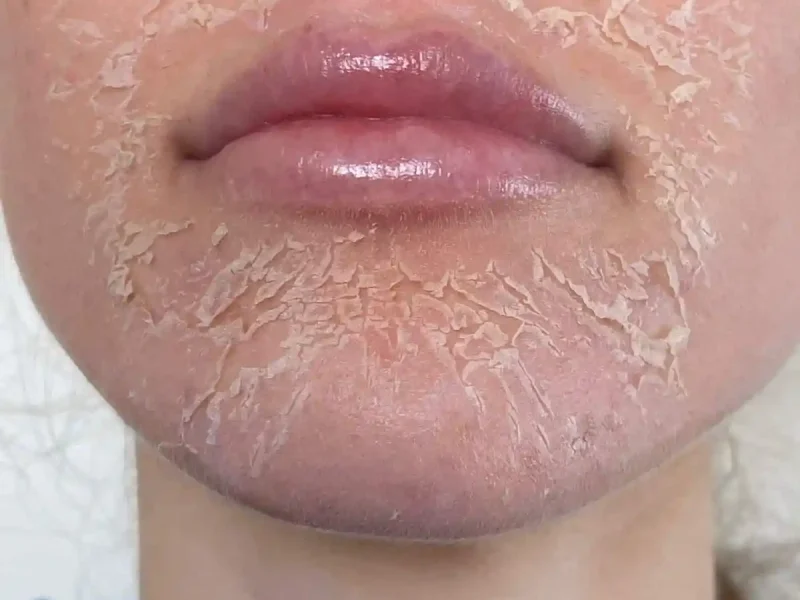Have you ever noticed a bruise on your body and wondered how it got there? You don’t recall bumping into anything, yet there it is—a dark, discolored patch that seems to have appeared out of nowhere. While bruises are common and usually harmless, they can sometimes signal that something deeper is going on with your health.
Bruises form when tiny blood vessels under the skin, called capillaries, break due to trauma. This causes blood to leak into the surrounding tissues, creating those familiar blue, purple, or yellow marks. Most bruises are the result of minor bumps or falls, but if you’re bruising more often than usual or the bruises take a long time to heal, your body might be trying to tell you something.

One possible cause of frequent bruising is a vitamin deficiency. Vitamins like C and K play crucial roles in maintaining healthy blood vessels and blood clotting. A lack of vitamin C can weaken blood vessels, making them more prone to breaking, while a vitamin K deficiency can impair your body’s ability to stop bleeding under the skin. If you suspect a vitamin deficiency, consider adding more fruits, vegetables, and leafy greens to your diet.

Another potential cause is a condition called thrombocytopenia, which occurs when your platelet count is low. Platelets are blood cells that help with clotting, and when their numbers drop, even minor pressure can lead to bruising. This condition can be caused by infections, autoimmune disorders, or certain medications. If you’re noticing large bruises without any clear cause, it might be time to consult a doctor for a blood test.

Certain medications can also increase your risk of bruising. Common over-the-counter drugs like ibuprofen and aspirin can thin the blood, making bruises more likely. Prescription blood thinners, often used to treat heart conditions or prevent strokes, can have the same effect. If you’re taking these medications and experiencing unexplained bruising, talk to your healthcare provider to see if adjustments are needed.
Liver disease is another serious condition that can lead to excessive bruising. The liver produces proteins essential for blood clotting, and when it’s not functioning properly, even minor injuries can cause significant bruising. If you’re also experiencing symptoms like fatigue, yellowing of the skin, or swelling, it’s important to seek medical attention.
In rare cases, frequent bruising can be a sign of leukemia, a type of blood cancer that affects platelet production. While bruising alone isn’t necessarily a cause for alarm, if it’s accompanied by symptoms like fatigue, frequent infections, or unexplained weight loss, it’s crucial to see a doctor.
As we age, our skin becomes thinner and loses some of its protective fat, making blood vessels more vulnerable to damage. This means even small bumps can lead to bruises. While this is a natural part of aging, staying hydrated and eating a nutrient-rich diet can help minimize bruising.
If you’re concerned about frequent or unexplained bruises, start by evaluating your diet to ensure you’re getting enough essential nutrients like iron, vitamin C, and vitamin K. Review any medications you’re taking with your doctor, and pay attention to any additional symptoms you might be experiencing.
While most bruises are harmless, they can sometimes be your body’s way of signaling an underlying issue. By staying aware and proactive, you can address potential health concerns early and keep your body strong and resilient.


